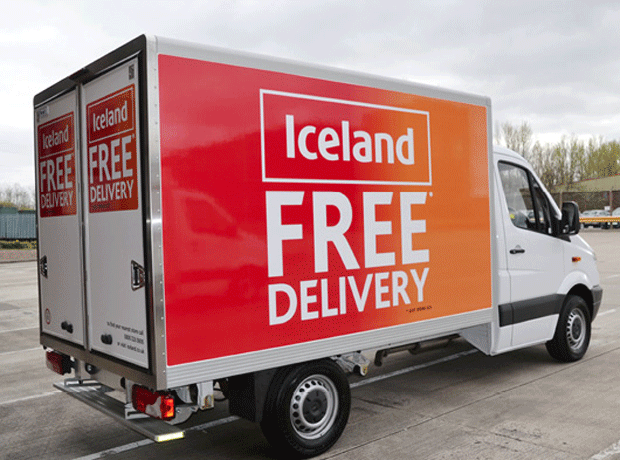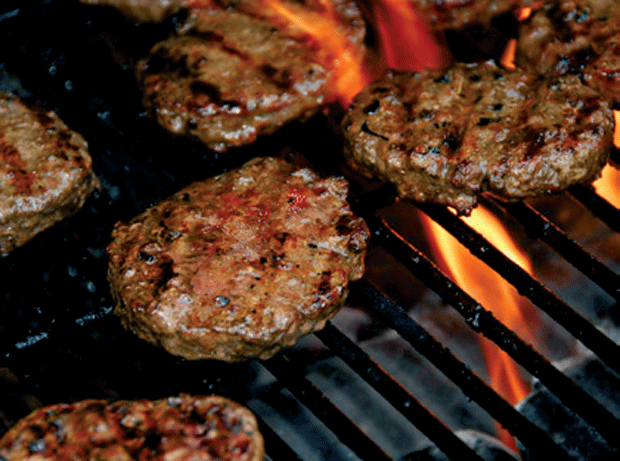
A press ad for Iceland that appeared at the height of the horsemeat scandal has been banned by the Advertising Standards Authority for denigrating Ireland’s food safety watchdog.
In the ad, which ran for a short period in mid-February, Iceland said no horsemeat had ever been found in its products, and that the two Iceland burgers that had tested positive for trace levels of horse DNA in a survey by the Food Safety Authority of Ireland (FSAI) in January had been tested using unaccredited testing methods.
Iceland back-pedalled on its claim shortly after the ad appeared and accepted the FSAI results were valid, as the food safety watchdog slammed the claims as “dishonest”.
Read this
Irish buying fewer frozen burgers after horsemeat scandal
More than half of Irish consumers have cut back on buying frozen burgers since the horsemeat scandal
The FSAI’s position was vindicated this week, when the ASA banned the ad because it discredited the agency. In particular, the ASA criticised Iceland for not making clear the FSAI carried out two rounds of tests to validate its horse DNA results, and only the first round used a methodology not accredited in the UK. “We noted the ad also did not make clear that the test methodology used in the initial tests was an established methodology commonly used in North America,” it added.
This created an impression that the FSAI “had not taken due care to ensure the accuracy or validity of the tests used, and therefore that its findings were questionable”, the ASA said. “We understood that was not the case. We concluded the ad discredited the FSAI.”
The person who complained about the ad to the ASA also challenged Iceland’s claim that “no horsemeat has ever been found in an Iceland product” because two of its products had tested positive for traces of horse DNA. However, the ASA said Iceland was not being misleading in making that claim because those two products had tested for horse DNA quantities below the 1% testing threshold that was subsequently agreed by the Food Standards Agency and the industry.
“We considered consumers would understand from the ad’s explanatory text the distinction that Iceland was conveying – that the level of horse DNA found in two of their burgers was so low that it was regarded as ‘trace’ levels which were likely to have been caused by accidental carry-over. We concluded the ad was not contradictory or misleading.”



















1 Readers' comment